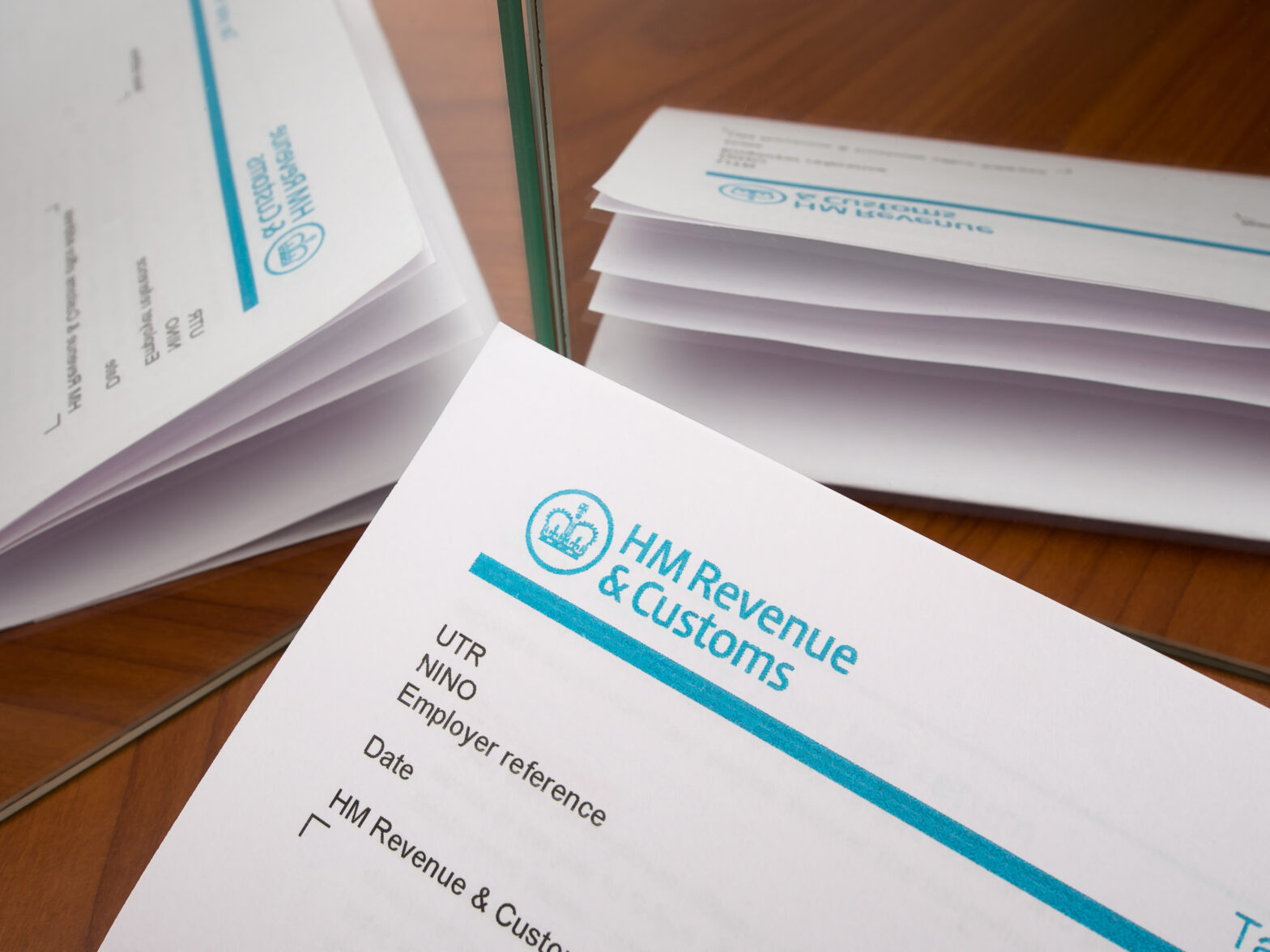HMRC take a tough approach to companies that owe them taxes and will enforce against companies that don’t pay up. We’ve selected the top ten letters that you don’t want to receive and what they mean if you do.
Overdue corporation tax letter
All limited companies must pay corporation tax. If you’ve filed the company’s accounts and HMRC have assessed that you need to pay corporation tax but you haven’t paid it, you will sooner or later find one of these letters coming your way. The letter states that there is corporation tax outstanding and that it needs to be paid immediately.
If your company can’t afford to pay the corporation tax, you should speak to HMRC and see if you can set up a Time to Pay Arrangement, where you can pay the overdue tax over a longer period of time.
Overdue VAT payment letter
If your company has overdue VAT payments, you will receive one of these letters. The letter states that there is overdue VAT owed by the company and that it needs to be paid immediately to stop HMRC from taking any further action against the company.
HMRC typically takes a very dim view of overdue VAT, as companies act as collection agents on behalf of the revenue for the tax. Presuming that companies have been collecting VAT from their customers, HMRC’s view is that VAT monies should be ring-fenced and then paid over to them when they become due.
If you are struggling to pay your VAT bill, you should contact HMRC immediately to discuss your options it may be that they agree a Time to Pay Arrangement with the company.
HMRC Notice Warning of Enforcement by Distraint
This notice will be sent when a tax debt has remained unpaid for a long period of time and they plan to take possession of goods to sell and use the proceeds to set off against the outstanding amounts. You have seven days after receiving this letter before HMRC will send an enforcement officer or bailiff to your company’s premises to take possession of those assets they deem appropriate.
HMRC Receivables Management Debt Collection/Distraint Levy
If HMRC has sent an Enforcement Officer or bailiff to your company’s premises to take distraint over goods for unpaid taxes, but the premises were closed when they visited, they will leave this letter.
The letter says that they’ve sent an Enforcement Officer round and there was noone in but if you don’t pay the full amount of unpaid tax immediately, they will return. You will have received an Enforcement Notice seven days before telling you that HMRC were going to enforce the debt so this visit shouldn’t come as a surprise.
Again, you can repay the debt, or try and negotiate about repaying the overdue taxes over a longer period of time.
Controlled Goods Agreement (previously called a Walking Possession Agreement)
HMRC issues Controlled Goods Agreements after a tax debt is long overdue and discussions with the company have not resulted in the repayment of the overdue amounts. An Enforcement Officer or bailiff will visit the company’s premises and identify objects that HMRC can take into their possession and sell at auction to recover their money and an estimate of the sale value of each object.
The Controlled Goods Agreement states that although HMRC may leave the goods on the company’s premises until HMRC consents to their removal, you cannot sell, transfer or dispose of the property without their consent. Breaching the terms of this agreement is a criminal offence and should not be done under any circumstances.
If you don’t sign the Controlled Goods Agreement, the goods will be removed from the premises immediately.
HMRC Distraint Notice and Inventory Checklist
HMRC will issue a Distraint Notice and Inventory Checklist after an Enforcement Officer or bailiff has visited the Company’s premises to identify goods that HMRC can take and sell at auction to recover amounts of unpaid tax.
During the visit, the officer will have issued a Controlled Goods Agreement (see above). The Distraint Notice and Inventory Checklist will be sent after the visit and essentially says that if the outstanding debt is not paid, HMRC will sell the goods listed to recover its money.
HMRC Winding Up Warning Letter
HMRC will send this letter when it has tried almost all other means of recovering unpaid taxes from a company. The letter says that unless action is taken soon, HMRC will issue a winding up petition to the company, which if upheld by the courts, will force the company into compulsory liquidation. This will result in all of the company’s assets being sold by the liquidator and the amounts received distributed to the company’s unpaid creditors (including HMRC). After this process is complete, the company will be permanently closed.
HMRC is the biggest issuers of winding up petitions in the country and will not hesitate to wind a company up for unpaid taxes. If you receive this letter, you should take action as soon as possible as it’s much harder to halt the liquidation process once the petition has actually been issued.
Winding Up Petition Letter
This is a very serious letter and one that you need to respond to immediately if you receive. A winding up petition is a means by which a creditor can ask the courts to order the liquidation of a company in situations where the company owes a debt of £750 or more to that creditor.
If you receive this letter, you have a period of seven days before the petition is advertised in The Gazette; once this happens the petition will be public knowledge, other creditors can attach to the petition and the company’s bank accounts will be frozen.
If you want to stop your company from being wound up, you will need to take action as soon as you receive this letter.
HMRC Objection to Company Strike Off Letter
One of the ways of closing a company is to have it struck off the Register of Companies at Companies House. Companies House also automatically does this for dormant companies that have been inactive for a length of time.
HMRC will object to the striking off from the register of any company that owes them tax. This letter will state why HMRC are objecting to the strike off and list the taxes and amounts outstanding to them. If you want to continue with the strike off, you will need to pay these outstanding amounts for HMRC to remove their objection.
Final Proof of Debt Letter
When a company is being liquidated, the liquidator will ask its creditors to show a proof of the debt owed by the company to them. HMRC will lodge a Final Proof of Debt letter with the liquidator to show the amount that the company owes them and the proof it has to substantiate this amount.





